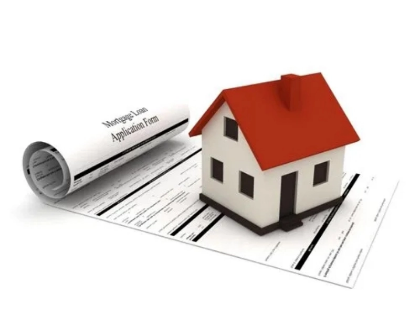Calculators for Mortgages: Estimate Your Monthly Payments
Homebuyers can estimate their monthly mortgage payments with the aid of mortgage calculators. Along with a predicted loan interest rate and mortgage term, these calculators also take into account the price of the home, savings for a down payment, and the ratio of debt to income.
In addition, they compute homeowner association dues, homeowners insurance, and property taxes. Your estimated monthly payment may go up or down as a result of these additional expenses.
Rate of Interest

Mortgage calculators can be useful in assisting current homeowners and prospective purchasers in comprehending how different home loan options may affect their capacity to purchase a home. In addition to figuring out how much of your monthly payments might go toward interest and principle, this also involves calculating how much you can borrow based on your income and credit score.
You can enter a variety of criteria, such as your desired home price, down payment, and interest rate, into a standard mortgage calculator. To understand how a shorter or longer loan can affect your monthly payments and overall cost of ownership, you can also change the term.
The 30-year fixed-rate mortgage is the default option used by most calculators, but you can play around with other rates and terms to see how they can impact your mortgage payments. For instance, if you want to pay less in interest overall while reducing your monthly payments, you might want to think about a 15-year term.
Initial Payment

The down payment is the sum of money you pay up front when purchasing a property. You can use mortgage calculators to determine the minimal down payment that fits within your budget by entering the price of your property and the interest rate.
Although there are programs available to help those with lesser incomes purchase homes with smaller down payments, a down payment of 10% of the purchase price is often required. Using a mortgage calculator, you can experiment with different situations and different amounts for the down payment to determine what could work best for you.
In the event that you select a 30-year fixed-rate mortgage, the calculator will display both your monthly loan payment and the entire cost of the home. To observe how the monthly payments and interest expenses vary, you can also experiment with different loan terms.
Property-Based Taxes

The majority of mortgage calculators require you to enter the loan amount, term length, and interest rate. The calculator will calculate your estimated monthly principle and interest payment, annual property taxes, and homeowners insurance once you enter these figures.
The amount of annual property taxes is added to your monthly mortgage payment and is determined by the purchase price of the home. Your mortgage also includes homeowner's insurance premiums, which are normally deposited into an escrow account on your behalf.
You may assess if you're pushing your budget too far or whether buying a property would be financially advantageous for you by factoring in these additional fees when calculating your mortgage. Other monthly costs and financial objectives, such as retirement savings and debt-to-income (DTI) ratios, might also need to be taken into account.
HOA Dues

When calculating monthly payments, a lot of mortgage calculators neglect to account for homeowners' association fees (HOA). This is an expensive error to make because property taxes, insurance, and HOA dues are all included in the mortgage payment. These costs can build up rapidly in the escrow account, so it's critical to understand what you're paying for.
Some buyers purchase into a neighborhood that has a homeowners association (HOA), which often sets the rules for the neighborhood and maintains the properties surrounding individual homes. These costs should be included in the calculator; they can range from $100 to $200 per month.
The loan program, which may have an impact on your interest rate and monthly payments, should also be included in the calculator. Conventional, FHA, VA, and USDA loans are offered by some lenders.
Protection

Mortgage calculators assess additional costs associated with a home, such as property taxes, homeowner's insurance, private mortgage insurance (PMI), and homeowners association dues, in addition to the principal and interest. These expenses are added to your monthly payment and may go up if the loan term lengthens or the value of the property increases.
Try out various loan terms and house prices using a mortgage calculator to see how they impact your monthly payments and overall cost of ownership. Generally speaking, a longer loan term means smaller monthly payments but a higher total interest paid during the loan's life. Even though a shorter term can mean larger monthly payments, the loan will be repaid sooner and with less interest overall. The ability to make additional payments is another feature that many calculators offer. Over time, these payments lower the loan balance and lower interest rates.









